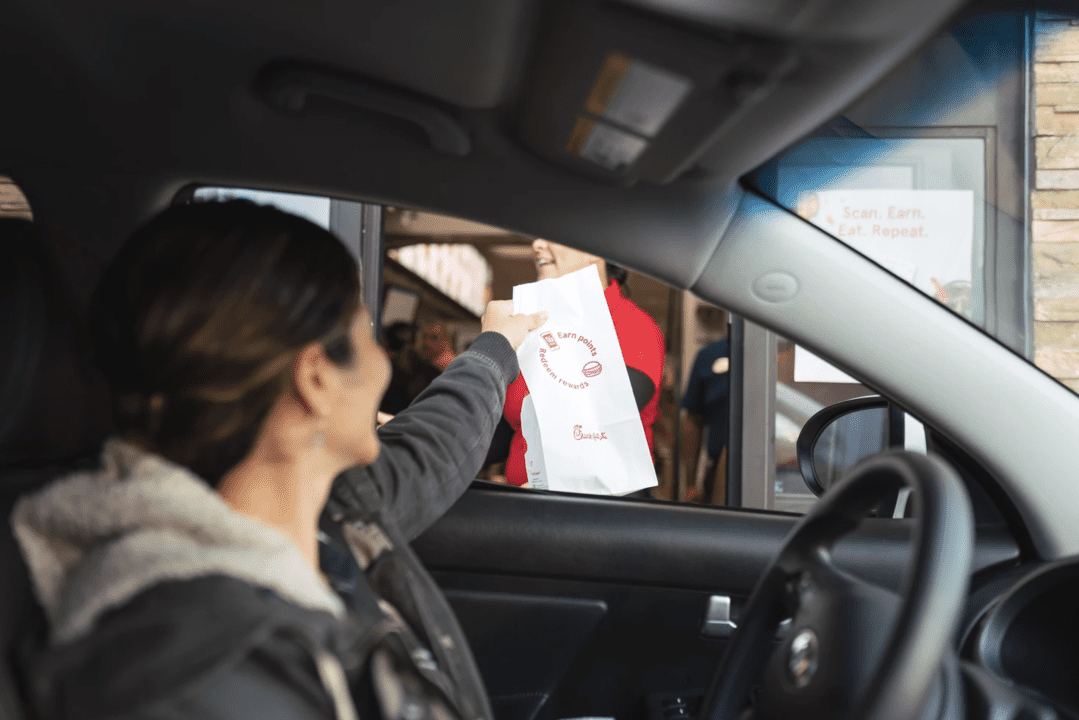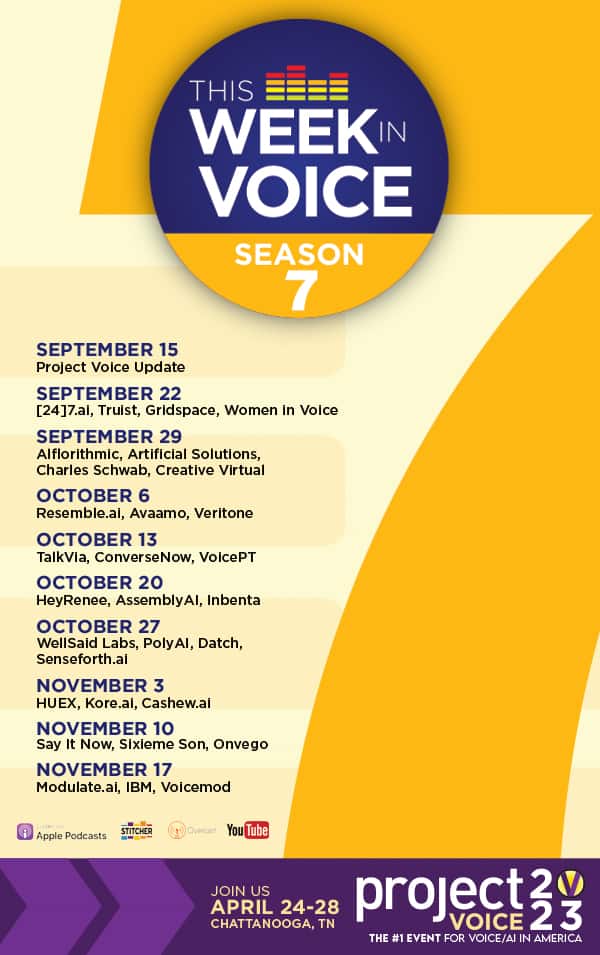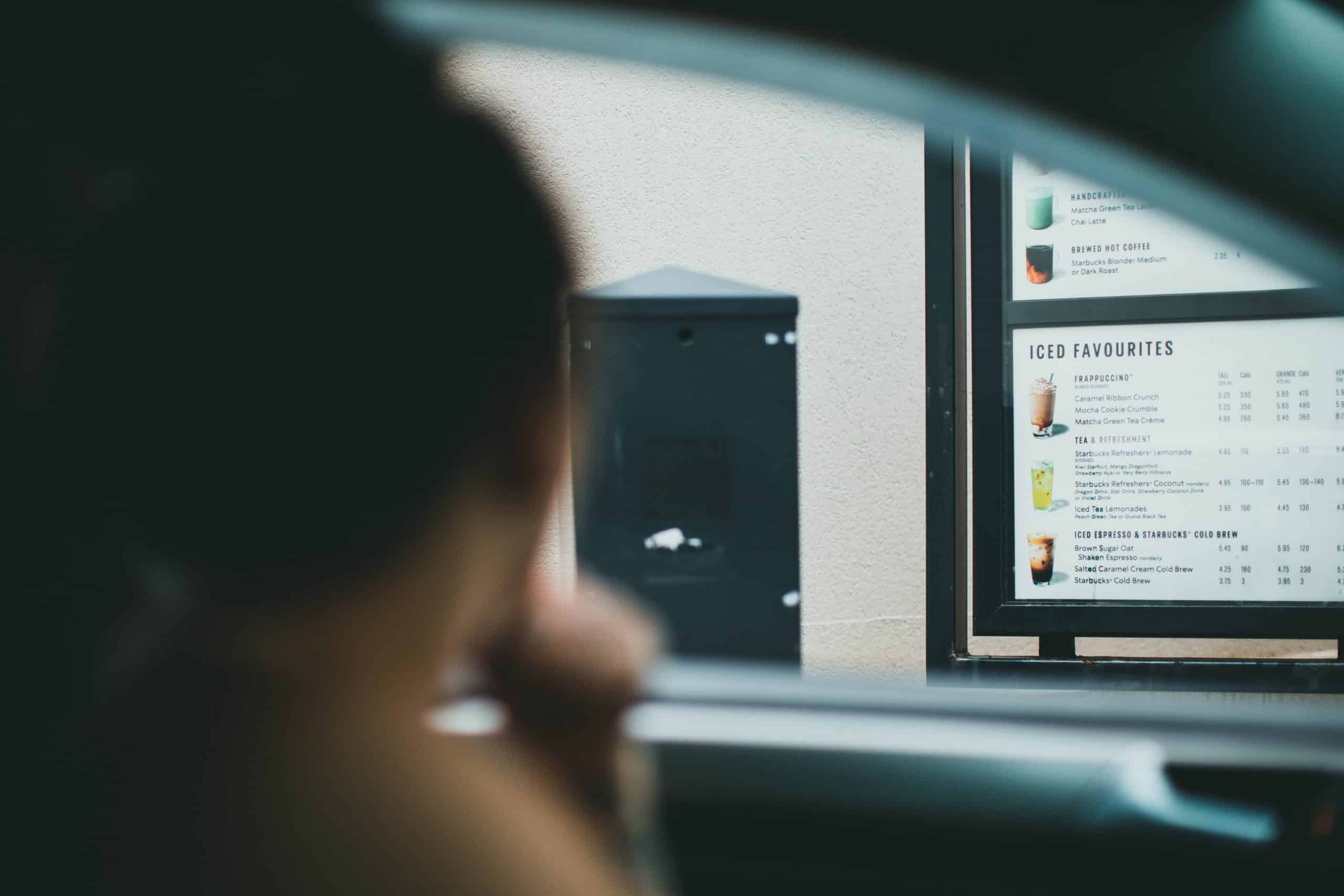Intelligent virtual assistants (IVAs) are a new development in the world of artificial intelligence that might help restaurants address many of their ongoing problems.
We can all comfortably admit technology has changed drastically since Siri was first introduced (under Apple, at least) 2011, right? Even with the smart speaker market nearly doubling since 2018, the hope for enterprises to find the same helpful benefits as general consumers have is seemingly bleak.
This is where the B2B Siri comes in, or Intelligent Virtual Assistants.
What’s an intelligent virtual assistant?
Simply put, an intelligent virtual/personal assistant (IV/PA) is a software that performs tasks on an individual command basis.
For hospitality businesses specifically, we’d add that IVAs:
- Understand how humans interact in a natural way. It may seem simple enough for Alexa to “resume” your playlist, but in order for it to be as quick-paced as your friend doing it for you, a complex set of processes must run to make the interaction natural.
- Rely on context. A typical chatbot provides answers to a predefined set of questions, much like a script. An IVA, however, uses a customer’s past interactions with the company to give more direct answers.
How do IVAs work?
To keep the technical side of things simple, IVAs are run by a newer subset within machine learning (ML) called natural language processing, or NLP. NLP’s main goal, as you might imagine, is to help computers understand and mimic human language.
Engineers help computers do this in a variety of ways, but for the most part, the algorithms are reliant on humans to help them in the beginning — meaning IVAs are as flexible as you need.
Going deeper: Natural Language Processing and IVAs
Natural Language Processing, or NLP, is the intersection of multiple complex industries like computational linguistics, artificial intelligence, and hardware infrastructure. By using the foundations of machine learning (ML) and the help of humans to preprocess data, NLP allows humans to interact with computers in a natural way, without needing to navigate automatic chatbot responses or tricky tech.
How IVAs improve restaurant operations
NLP enables service providers to decipher the underlying action based on a user’s requests. The power of NLP technology enables these solutions to understand the diversity and accents of users from across the geographies and still understand and execute the command.
The hospitality hurdles
Hospitality may seem like the last place to use AI or NLP, but it’s the “non-tech” industries that need IVAs the most.
Think about all the hurdles hospitality is dealing with as an industry right now:
- The global labor shortage is straining teams
- Boring & manual data entry is a recipe for financial errors or worse
- Consumer expectations are accelerating due to social media
- Technology is constantly evolving
And then consider all the problems IVAs solve:
☑️ They act as customer representation while providing a better customer experience
☑️ They uplift you in the eye of consumer expectations because you’re supporting emerging technologies.
☑️ They adopt to changing consumer behaviors. (40% of are online searches are initiated by voice which is powered by NLP.)
☑️ They allow new opportunities and avenues for you to plug your services and address the needs of your customers.
☑️ With right solution, could provide more confidence for users to achieve privacy-friendly solution.
Considering all of the above, bringing on an IVA could improve your operations, speed up your food delivery, improve customer recognition, reduce order errors, and so much more.
The ROI is there — and the proof speaks for itself.
IVAs in action
Companies around the world are already adapting to our world of constantly emerging (and evolving) technologies. While IVAs are relatively new to the world of hospitality, they’re no trade secret.
- Domino’s is using virtual assistant on their app for users to place their orders
- There has been significant interest in healthcare to capture the conversation between patient-provider to input the information directly to the Electronic Health Records
- Enterprises are using voice assistants for HR services and onboarding employees
- McDonald’s has started testing Automated Order Takers that use NLP to automate the process of collecting orders from their customers.
HUEX Labs, a commercial-grade hospitality AI company, recently released an all-inclusive product similar to what McDonald’s is testing — a voice assistant that can handle customer service-related tasks for on-prem commercial use.
As a result of onboarding this IVA, retailers and fast-food restaurants have a “digital employee” to help combat the extensional labor crisis they face, improve productivity, and reduce labor cost, all while maximizing upselling opportunities.
Note – Content created in partnership with AI Partnership Corporation and originally published as LinkedIn post.






